
From Gaza to Lebanon, threads of connection remain unbroken
Severe conflicts are raging in many Arab countries today, like Sudan, Lebanon and Palestine, though maybe the word "severe" is inadequate to convey the truth of what is taking place. Even if we wracked our imaginations to write a movie script depicting these events, our minds would be incapable of conjuring up scenes as horrifying as those we are bearing witness to.
Thanks to my work as a journalist and social activist, I've amassed a vast network of acquaintances, spread all over the world. We work together on humanitarian initiatives, swap opinions and experiences, and occasionally meet up – either at conferences, or when I invite them to be guests on the TV programme I work for. We're always in touch, whether virtually, on social media, or via texts on digital apps.
When Israel launched its war on Gaza last year, we all started checking on each other. Was so-and-so alive? Were they injured? Detained? We also started offering each other assistance, from practical help, to connecting people up to a relief organisation. Each of us gave what we could to keep the others safe. Based on our expertise this has been anything from physical, to digital, or even psychological guidance.
A war unlike any other
I felt a pain that started when I sensed that this war differed from any that had come before. My turmoil grew when I realised we were being prevented from sending aid or assistance to Gaza. I started thinking about the fact that if people who were in perfect health were struggling to survive, what of those with disabilities? What was happening to them?
I picked up my phone and searched for the number of my friend, Mohammed, who worked on disabled people's rights in Gaza. Mohammed is blind, and has always tried to set up activities and initiatives to shine a light on the issue of disability in Gaza. He used to say to me that this was especially important in Palestine because so many people have been left disabled by war. He would also say that we had to raise awareness because in an environment "like ours", everyone was at risk of being struck with a disability.
He'd tell me about the challenges around making schools, universities, pavements, public spaces, buildings and shopping areas accessible– because in an occupied country, a besieged territory, these types of ideas and proposals come to be seen as surplus - as luxuries. He used to say again and again: "it's as though we're barred from life".
All these conversations came back to me as I searched for his number. Eventually, I found our last chat, and sent him a text saying: "Mohammed, how are you, are you OK? Let me know you and your family, and the gang are OK".
My texts didn't go through, and I remembered then that the enemy had cut Gaza's internet. So I called on an international line, but it was also down. Maybe this was because there's no electricity, I thought. But my heart was beating hard and I felt uneasy. So I searched through my contacts again, and texted Duaa, a young disabled woman who also lives in Gaza, who I'd hosted via streaming. I'll ask her how she's doing, I thought, and se if she might be able to ask around about Mohammed.
She responded to my text several days later with harrowing messages about what her and her family had been through, of the shattering devastation of the conflict. I offered some prayers and words of comfort, but I couldn't find it in myself to ask about Mohammed. I told myself she had enough pain to deal with.
Disappeared
Then, I texted Majdi, a young man living in the West Bank, who also has a physical disability – he's one of the many victims of Israel's unjust targeting of Palestinians, which has been a constant over decades. I found him after a lengthy search, and a lot of back and forth with all the organisations I was able to make contact with, as I was told that he could help.
When I spoke to him, he told me he'd try to contact Mohammed, and he'd tell me as soon as he had any information. But then he disappeared, just like Mohammed had disappeared.
My imagination started running wild with all the possible scenarios of what could have happened to him; maybe he had fled the bombing, and forgotten his phone in the rush of the moment – as at times like these, people will just flee, mindless of their possessions.
Then I thought, no. Perhaps he had wanted to flee, but couldn't find anyone to hold his hand the moment the bomb struck, which meant either he had become trapped under the rubble of his demolished home, or he'd been killed as he couldn't find his way out. He would have memorised and known how to feel his way out of his house – though the wreckage could have disorientated him. Maybe he slipped and fell along with the imploding building and no one had come to rescue him... as people – not due to selfishness – will focus only on escape, and because of their terror, will focus on themselves.
Then I remembered cases I'd documented in the Syrian war, which I had talked about to delegates from UN organisations. I recalled cases where disabled people had been left behind because when the critical moment came, those panicking around them thought trying to move them would hinder their attempts to flee.
Unwanted
That day, I'd sat with disabled survivors, who'd fled without their wheelchairs or devices they needed. They'd gone on to have difficulties moving around inside the camps, because they weren't equipped for people with disabilities. Even a trip to the bathroom had become a mammoth task for them, as had navigating their surroundings.
The truth is, that war has a devastating psychological impact on people with disabilities – who feel as though they're unwanted, and like their needs have become afterthoughts. They feel forced to stay silent, and to look after themselves, because who would take on the extra responsibility of tending to all their needs while a war is raging?
Their feelings of dependency on others inevitably grow as the hardships increase, and they grow frustrated and dejected, remaining stationary in their spot, in a state of abject misery.
And although some of them manage to break these chains, the majority remain bound by them. All of this was shocking to me, as human rights conventions highlight the need for people with disabilities to be protected and safeguarded. The most prominent of these conventions are: the Convention on the Rights of Persons with Disabilities, the Geneva Convention and its Protocols, the Convention on the Rights of the Child, the Convention on the Elimination of All Forms of Discrimination against Women. But all of it means nothing in moments of panic and disaster.
A sign
Eventually, I managed to persuade my mind to hold back all these dark thoughts, to just wait and see. But the months were passing with no sign that he was still alive, so I convinced myself he'd died. My grief for him was overwhelming, and because of it, I pledged to keep carrying the torch for his cause – the disabled - in my work.
Then, one day, as I sat alone and heartbroken for my country and for Gaza, I saw my phone screen suddenly switch from the video I was watching to an incoming call. I read his name. Initially, I didn't believe it could be Mohammed, because spirits don't use phones, and my friend was dead.
I forced these thoughts from my brain and with huge trepidation, swiped to answer the call, telling myself - maybe it's a family member … only to be struck dumb as I heard his voice on the line.
I felt strange, as though suspended between consciousness and unconsciousness; I could hear my own heartbeat, and my breathing has quickened… He told me he was OK, although his home had been bombed, killing many members of his family. He'd been injured.
He explained how he got to the hospital, and how it lacked equipment and supplies, due to the huge number of victims, then the line cut. I figured he'd meant that he wasn't still in the hospital, but then the sound came back, and he told me he was in a camp, then the connection cut again, then returned, and I told him about my attempts to search for him. My voice was choked and shaking, and I had two panic attacks following what he told me. My hands had also gone numb and were turning blueish…and then I found myself unable to speak at all, because I was trying desperately not to let him sense how I was feeling.
He carried on talking, with the line cutting at intervals, and with long moments of silence on both sides. Moments in which the breaths indicate the depth of the pain inside, silence that says more than words can.
What amazed me, was that despite all this, he hadn't surrendered: he was still organising initiatives with his community. He'd started up many projects to help those in the camp, and told me how he'd managed to get hold of a phone – it wasn't specially equipped like his old one, but he'd managed to retrieve all his contacts using the cloud; that's how he'd seen my messages.
As the days go by, and as the horrors intensify in Lebanon, it's been Mohammed, Duaa and others who have been the ones who have sought to reassure us, despite the unimaginable and brutal oppression they are going through.
Their messages are beautiful, and full of hope, despite all the unknowns which lie ahead. Everyone's dreams have become one – to survive, and return to living. And the threads of communication tying us together have remained unbroken, despite all the challenges of communication.
Rawan AlAmeen is a writer who focuses on human rights and environmental issues, highlighting abuses against marginalised groups and exposing governmental corruption. She has investigated the misuse of development funds, illegal transactions, and environmental crimes such as waste mismanagement and the destruction of natural reserves. Her work includes impactful journalism and radio programs aimed at promoting transparency and accountability.
Have questions or comments? Email us at: editorial-english@alaraby.co.uk
Opinions expressed in this article remain those of the author and do not necessarily represent those of The New Arab, its editorial board or staff, or the author's employer.
Translated by Rose Chacko
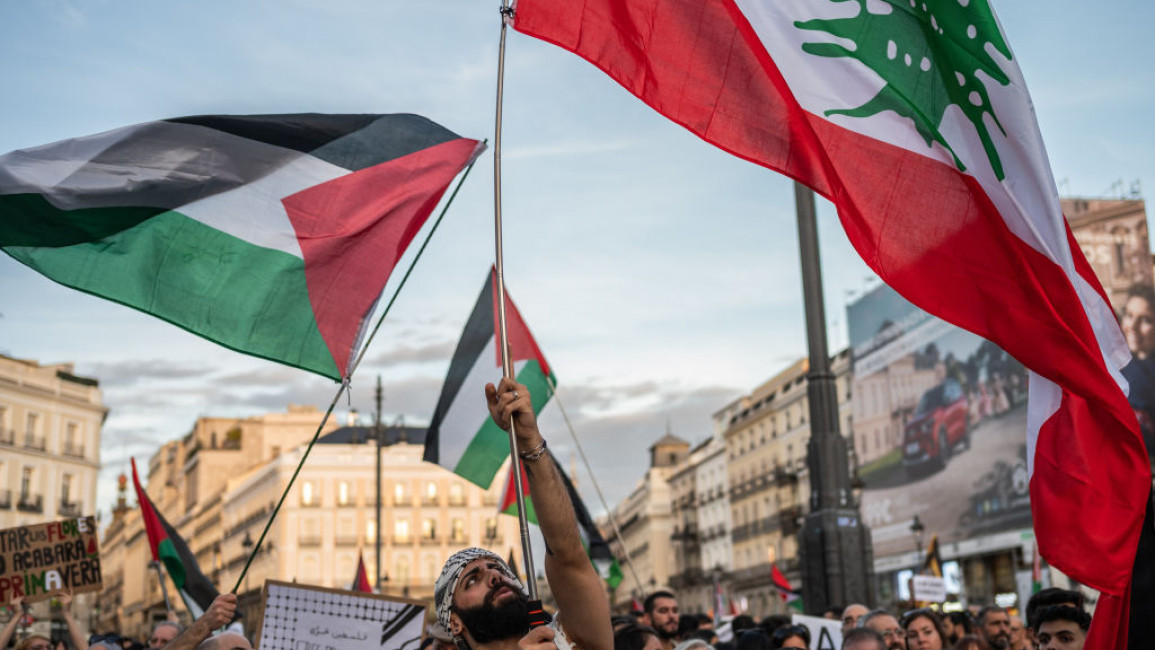
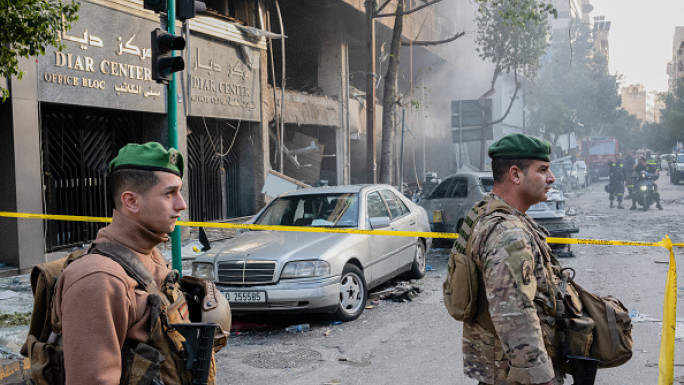
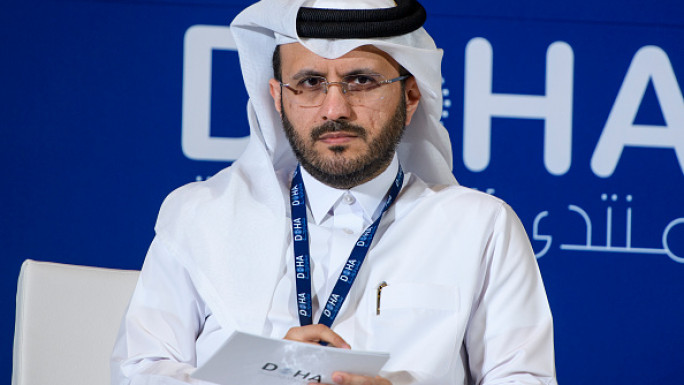
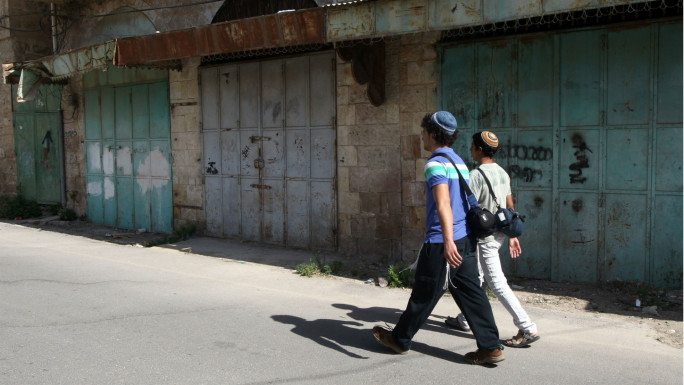
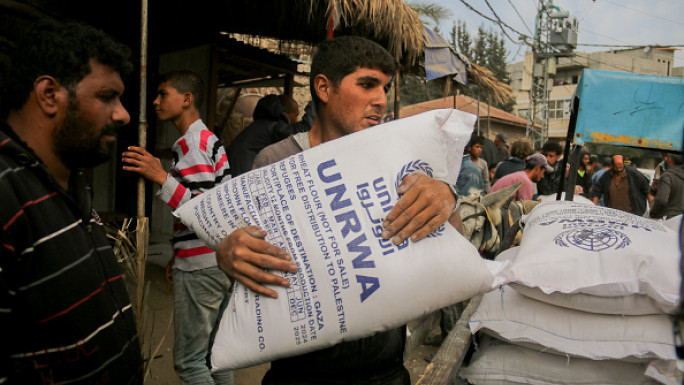
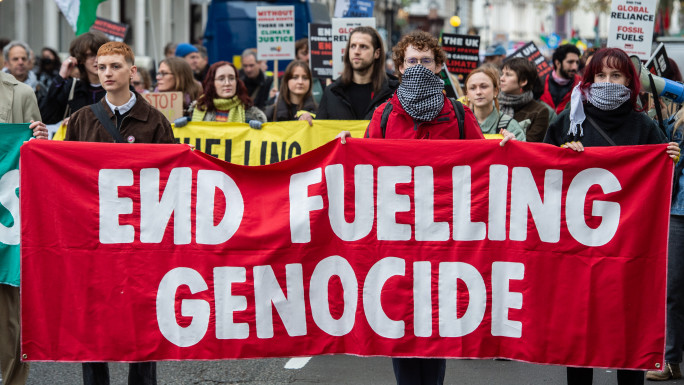
 Follow the Middle East's top stories in English at The New Arab on Google News
Follow the Middle East's top stories in English at The New Arab on Google News


